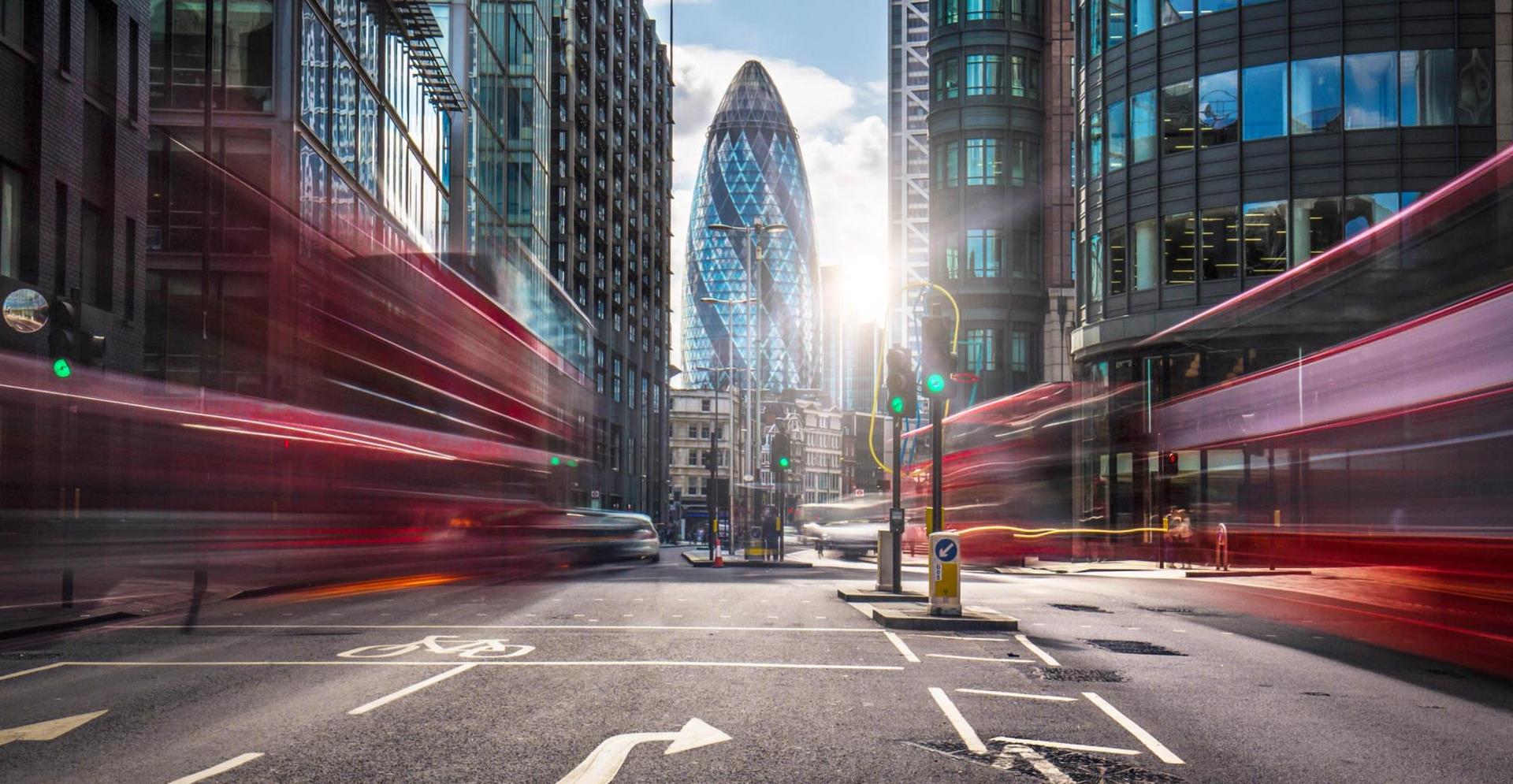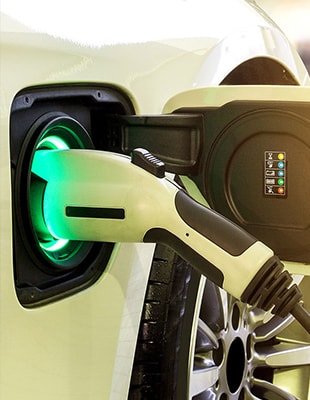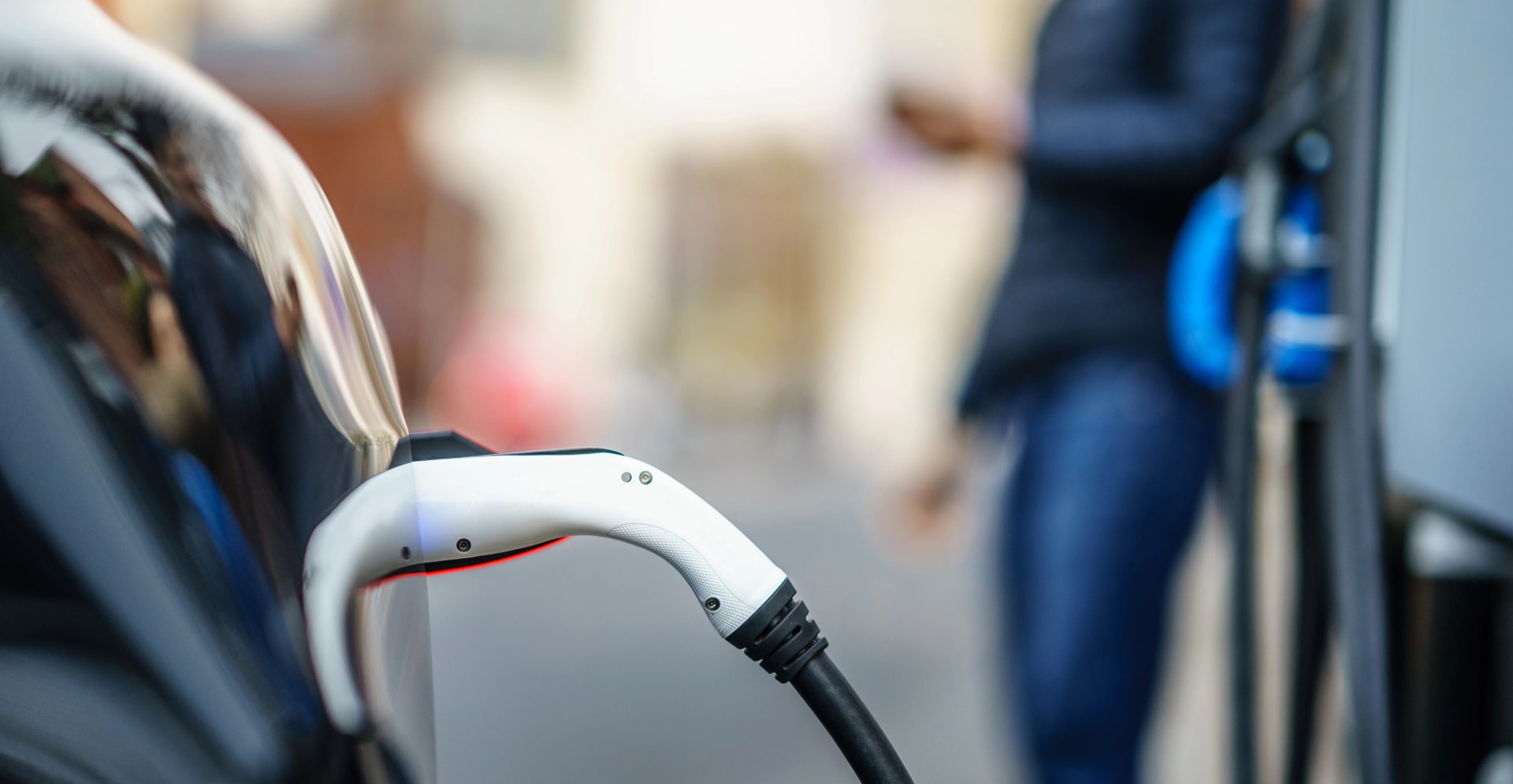Table of Contents
The challenge
To support the transition to zero-emission vehicles, Transport for London (TfL) wants to create a sophisticated network of charging infrastructure.
2030
The Mayor of London and Transport for London (TfL) have bold ambitions – to make London zero carbon by 2030 and bring about major improvements in air quality. A huge factor in achieving this will be accelerating the transition to electric vehicles (EV), but this will rely heavily on the associated infrastructure, i.e. having accessible, efficient, high-quality and well placed charging points. TfL needed a partner with proven EV expertise to assess and determine the feasibility of potential sites for EV charging hubs. It was also essential that the chosen partner would be able to handle the complex stakeholder relations and appreciate the need for the hubs to be inclusive, accessible and really work for the local communities.
The solution
Our team identified the most feasible locations for charging infrastructure and produced early designs for a network of facilities across London.
13
We saw this as the ideal opportunity to leverage Arcadis’ incredible breadth of expertise and bring a multidisciplinary team on board, with our EV experts at the helm driving the project forward. Digital project management was a key factor in standardizing and streamlining a complicated design process involving a large number of teams with different specialties.
We reviewed 13 potential sites across TfL’s portfolio and were able to recommend and prioritize the most viable locations. From there, we could move to the design phase, and produced a full RIBA stage 2 concept for 3 sites. We involved our planning experts and highways team to ensure road configurations will be as efficient as possible; environmental and ecology teams to minimize the impact of the construction and operational facilities on the environment and local wildlife; and civil and electrical teams to ensure the charging facilities themselves will provide the best user experience.
Another key player was our in-house inclusion team, who collaborated closely with TfL to ensure the design had accessibility at its heart from day one. Features like step free access, proper lighting and accessible signage had to be at the forefront of design – not an afterthought. We also included ways to make the charging hubs as efficient as possible in terms of energy use, with renewable energy generation and storage capabilities to reduce their impact and make them more cost effective to run. For extra income generation, we explored the potential to add commercial real estate at the sites.

The impact
TfL can press ahead with an EV infrastructure program; a huge factor in London becoming a zero-carbon city by 2030.
3
Beautifully designed and impeccably planned EV infrastructure will improve lives. As petrol cars are phased out and the pollution they cause becomes a thing of the past, the resulting improvement in air quality will be substantial, especially in a city like London where levels are currently unacceptably high and the cause of severe health struggles for thousands. For this transition to happen smoothly and quickly, the supporting facilities need to be top notch and blend seamlessly into the existing fabric of community life, which is why this early feasibility and design work is so important.
Hand-in-hand with the benefits to local people is of course the benefit to the environment as a whole. Major cities across the world are setting ambitious targets to reduce their carbon footprints, and getting cars off the roads and switching those that remain to electric will be a huge factor in achieving this. In a decade’s time when stopping to charge your car is as easy as topping up with petrol is currently, we’ll have today’s forward thinkers to thank!
Not done reading?
This also might be interesting for you
- Related Projects
- Related Insights
- Related Blogs














